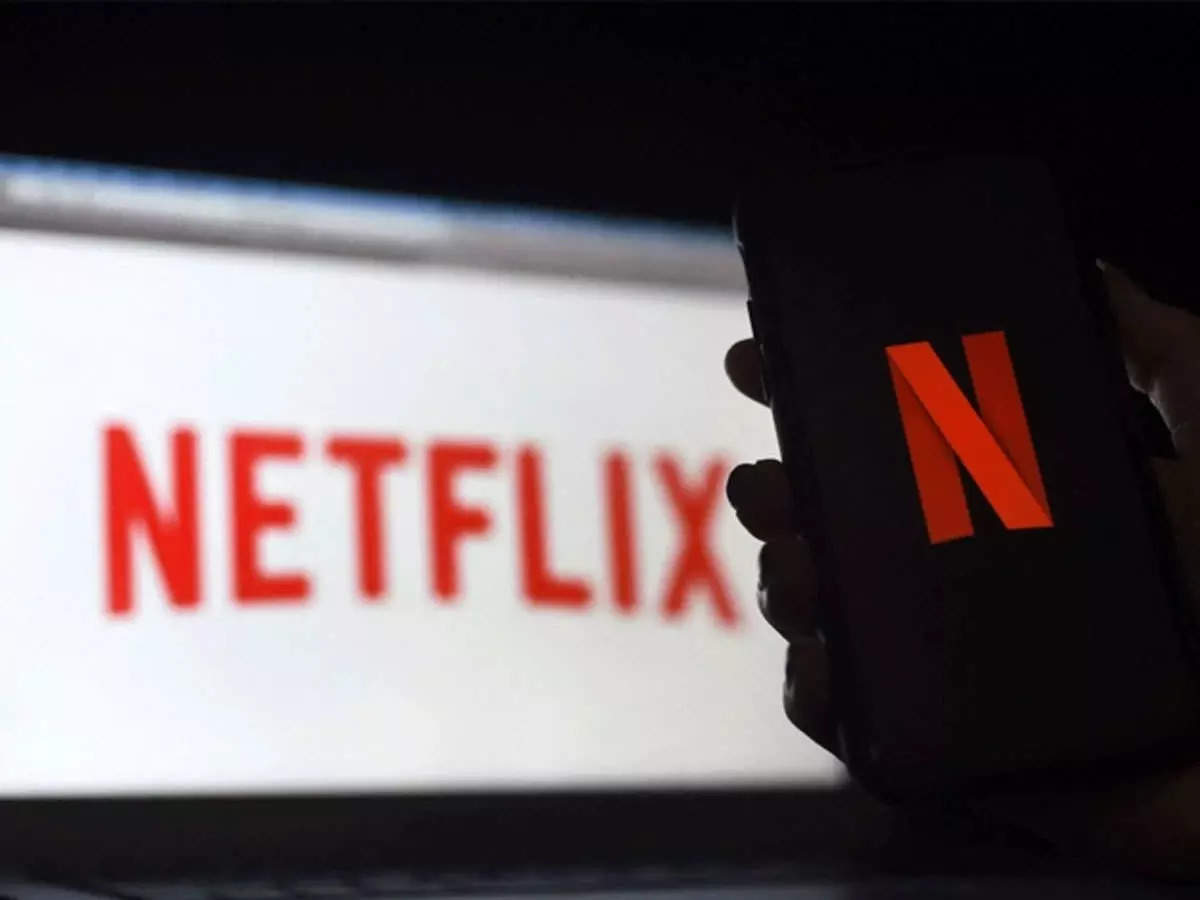How Netflix’s crackdown on password sharing may be working for the company – Times of India
According to analytics firm Antenna, Netflix has had its four most significant days of sign-ups for single customers since 2019. During this time, the streaming service has received around 73,000 daily sign-ups on two of these days.
Although there were cancellations during that time, the number of sign-ups greatly exceeded those figures. The increase was significant at 102% compared to the previous average. This increase even surpassed the growth during COVID when people were confined at home and looking for things to watch.
What the new guidelines say
Netflix recently updated its sharing guidelines and started sending emails to members about the new policy. As per the new guidelines, accounts can only be shared within the same household.
Under the new password-sharing rules, Netflix offered subscribers two choices for those who use their passwords outside of their household. The first option is to transfer the profile to the individual outside the household, allowing them to create a new membership and pay for it independently. The second option is for the member to pay an additional fee of $7.99 per month for every person outside their household.
The streaming giant experienced a slowdown in subscriber growth in 2022. To increase revenue, the company introduced measures to combat password sharing and a more affordable, ad-supported subscription option.
Netflix said in its earnings call that over 100 million households, or 43% of its user base, share accounts, negatively impacting its ability to invest in new content. However, with the new rules, it seems to be converting some of them into paying customers.
window.TimesApps = window.TimesApps || {}; var TimesApps = window.TimesApps; TimesApps.toiPlusEvents = function(config) { var isConfigAvailable = "toiplus_site_settings" in f && "isFBCampaignActive" in f.toiplus_site_settings && "isGoogleCampaignActive" in f.toiplus_site_settings; var isPrimeUser = window.isPrime; if (isConfigAvailable && !isPrimeUser) { loadGtagEvents(f.toiplus_site_settings.isGoogleCampaignActive); loadFBEvents(f.toiplus_site_settings.isFBCampaignActive); } else { var JarvisUrl="https://jarvis.indiatimes.com/v1/feeds/toi_plus/site_settings/643526e21443833f0c454615?db_env=published"; window.getFromClient(JarvisUrl, function(config){ if (config) { loadGtagEvents(config?.isGoogleCampaignActive); loadFBEvents(config?.isFBCampaignActive); } }) } }; })( window, document, 'script', );
For all the latest Technology News Click Here
For the latest news and updates, follow us on Google News.


